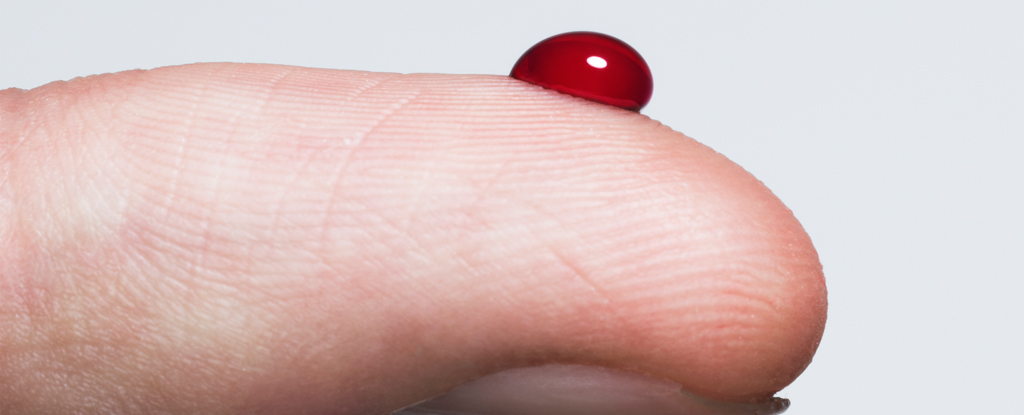
Research has made significant strides in understanding how young blood can potentially reverse aging in human skin cells. A study led by scientists from Beiersdorf AG, a prominent skin care company based in Germany, utilized a 3D human skin model to explore the effects of young blood serum on skin cells. The results reveal intriguing interactions between young blood and bone marrow cells that may unlock new anti-aging mechanisms.
The researchers initially observed that the young blood serum alone did not affect skin cells. However, once bone marrow cells were introduced into the experiment, they detected specific anti-aging signals within the skin. This suggests that the serum interacts with the bone marrow cells in ways that rejuvenate skin cells, effectively rolling back biological age.
Key Findings on Protein Production
The study employed measurements of DNA methylation and cell proliferation to evaluate the biological age of skin tissue treated with both young and aged human serum, along with bone marrow cells. Remarkably, the young serum appeared to reduce the biological age of the skin. Additional markers indicated a more youthful state, including enhanced metabolic activity and increased cell division.
Further analysis revealed that the bone marrow produced 55 different proteins in response to the young blood serum. Notably, seven of these proteins are linked to critical processes associated with youthful skin, such as cell renewal and collagen production. These findings could be instrumental in understanding how young blood influences skin rejuvenation. However, the researchers emphasize that further studies are necessary to validate these proteins in live human subjects, rather than isolated lab conditions.
Implications for Aging Research
The notion of blood possessing rejuvenating properties has captivated human imagination for centuries, often appearing in folklore and literature. Recent scientific inquiries, including this study, suggest that the concept may have a basis in reality. Evidence is mounting that aging may not be an irreversible process; instead, there may be avenues to slow down or even reverse its effects.
As the global population ages, this research points to potential strategies for enhancing health in later life and delaying the onset of age-related illnesses. The researchers note, “Aging is a complex process that significantly contributes to age-related diseases and poses significant challenges for effective interventions.” Their findings highlight the urgent need for holistic anti-aging approaches that could address these challenges.
The study has been published in the journal Aging, and while the findings are promising, the path to practical applications remains long. Future research will be essential to bridge the gap between laboratory results and real-world implications for human health.






